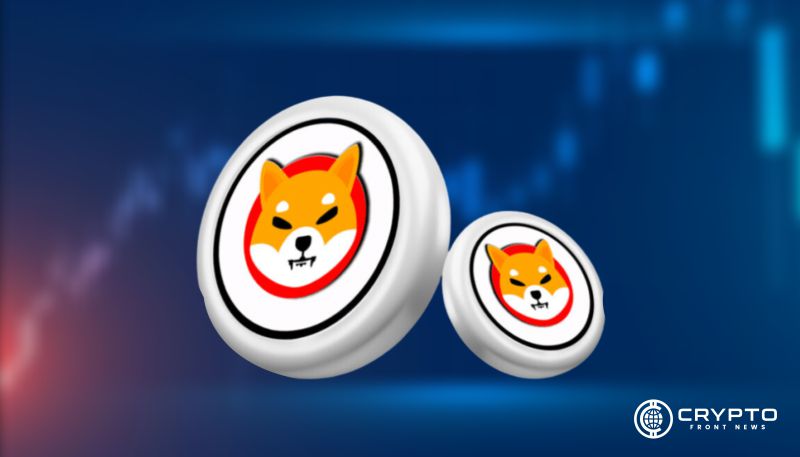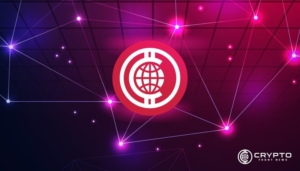- Shiba Inu’s token burn rate surged by 5,223% in one day, removing over 21 million SHIB from circulation.
- ShibDAO has officially launched, giving SHIB holders direct control over project decisions through a decentralized system.
- Shytoshi Kusama returned to X, signaling a new phase for SHIB that includes AI plans and a final guiding white paper.
Shiba Inu’s ecosystem witnessed a sharp rise in its daily token burn rate, with over 21 million SHIB permanently removed from circulation in the past 24 hours. Data from Shibburn shows this marks a 5,223% increase, signaling renewed coordination among holders to reduce the token’s total supply.
Across the past week, more than 148 million SHIB tokens were destroyed. This reflects a 25.31% rise in weekly burns as community participants accelerate token removals. The movement is seen as a strategy to support long-term price stabilization by decreasing available supply.
Token Price Recovers After Weekend Decline
Following three consecutive days of losses, SHIB saw a modest rebound in price. The token climbed 1.74% in the last 24 hours, trading at $0.00001281 after recovering from a low of $0.00001226 over the weekend. Bulls attempted to maintain momentum, briefly pushing the price to $0.00001294 during Sunday trading.
Shytoshi Kusama, Shiba Inu’s lead figure and ambassador, returned to X after several weeks of silence. His recent posts hinted at a strategic shift for the SHIB project. Among the topics mentioned were a new white paper, the integration of artificial intelligence, and a vision focused on reshaping the ecosystem’s future.
ShibDAO Launches, Marking Governance Shift
The ShibDAO, Shiba Inu’s long-anticipated Decentralized Autonomous Organization, has officially gone live. The launch is expected to change the way decisions are made within the SHIB ecosystem. The DAO will enable token holders to vote on major proposals, reinforcing the project’s community-led structure.
The team has introduced plans for a Karma system aimed at rewarding positive participation. Once fully implemented, the system is expected to enhance the influence of contributors with proven track records in the ecosystem, thereby refining governance outcomes.






